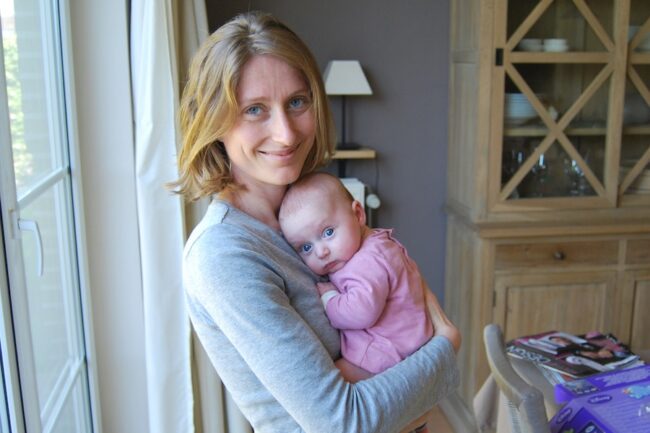Social protection to support mothers and children is not charity but investing in the future
20.12.21
UN Geneva - MMM answer to a consultation by the UN Special Rapporteur on poverty on social protection focuses on maternity protection and support to families, identifying gaps and addressing non take-up in these 2 areas.

Maternity protection is part of social security which is a fundamental human right and contributes to the realisation of a mother’s right to health. Maternity protection also prevents or at least alleviates poverty and reduces vulnerability, social exclusion, discriminations and inequality linked to motherhood (the “motherhood penalty”). It is also fundamental to children’s right to life and health, their right to be cared for and to develop to their full potential.
Supporting families through improved income security and social protection for children also has wide-ranging impacts; it is crucial for family wellbeing, which in turn determines child wellbeing. Like maternity protection, it contributes to the alleviation of poverty, child poverty in particular, and all related deprivations such as malnutrition and poor education, which perpetuate the intergenerational nature of poverty.
Both maternity protection and supporting persons with family responsibilities, parents especially, is about investing in so-called human capital. Social security for children and for mothers and other caregivers is not charity; it is taking a longer-term perspective and investing in the future.
However, in spite of most countries having anchored maternity protection in their legislation,
- Globally, 830 million women workers are not adequately covered in practice
- Only 44,9%,of mothers with newborns receive cash maternity benefits
Bridging coverage gaps and addressing non-take-up could be achieved by making maternity protection universal (and collectively financed). Giving birth and becoming a parent is an incredible experience but it is also a challenging life transition. Taking care of a new-born baby IS work, hard and full-time work, 24 hours a day and 7 days a week; but it is also valuable work, which is essential for a child’s development and future, and which therefore also serves the future of our society and our economy. Making maternity protection universal would recognize this fact.
This contribution answers a call for input to the upcoming thematic report to the UN Human Rights Council of the UN Special Rapporteur on human Rights and Poverty on ‘Social protection: a reality check’.
The New EU Gender Equality Roadmap : A Call for Inclusion of Mothers
04.03.25
The European Commission’s initiative on a new Gender Equality Roadmap post-2025, marks a significant step forward in addressing gender disparities across the European Union. Make Mothers Matter (MMM
Breaking the Cycle: Gender Equality as a Path to Better Mental Health
18.03.25
The Council of the European Union has taken a decisive step in recognising the vital connection between gender equality and mental health.
Europe Must Listen to Mothers: Our landmark report heads to the European Parliament
28.08.25
On 22 September 2025, the voices of mothers will take centre stage in Brussels. For the first time, Make Mothers Matter (MMM) will present its State of Motherhood in Europe








